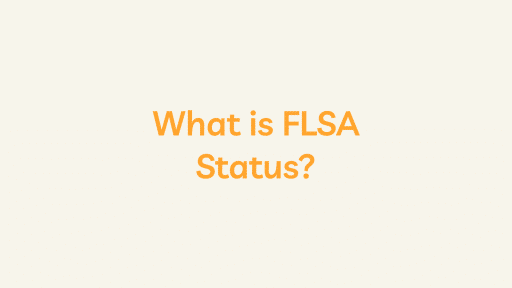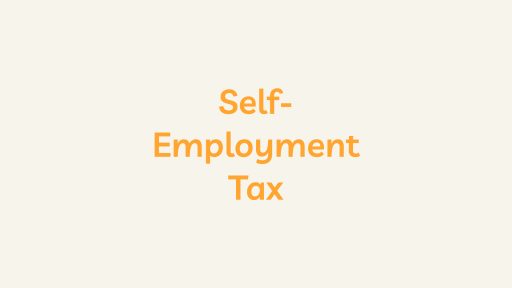What is the Salary Basis Test?
The Salary Basis Test is a criterion the United States Department of Labor (DOL) uses to determine whether an employee qualifies as exempt from minimum wage and overtime pay provisions under the Fair Labor Standards Act (FLSA). Exempt employees are not eligible for overtime pay, and they typically receive a fixed salary regardless of the number of hours worked.
The Salary Basis Test consists of specific criteria that must be met for an employee to be considered exempt.
Key components of the Salary Basis Test:
- Fixed Salary Amount:
- To meet the Salary Basis Test, an employee must receive a predetermined and fixed salary that is not subject to reduction based on the quantity or quality of work performed. This means the employee’s salary remains constant regardless of the number of hours worked or the productivity achieved.
- Full Salary Payment for Any Workweek:
- Exempt employees must receive their full salary for any workweek in which they perform any work, regardless of the number of hours worked. Exceptions to this rule may exist for specific deductions allowed by the FLSA.
- No Docking for Partial-Day Absences:
- Employers generally cannot deduct an exempt employee’s salary for partial-day absences. The full salary must be paid if the employee is ready, willing, and able to work but performs no work for the entire day.
- Limited Deductions:
- Permitted deductions from the salary of exempt employees are limited and generally relate to specific situations, such as full-day absences due to personal reasons, sickness, or disability, under certain circumstances.
- No Docking for Lack of Work:
- Exempt employees must receive their full salary for any workweek in which they perform work, even if there is not enough work available. Employers are generally not allowed to reduce an exempt employee’s salary for lack of work.
Conclusion
It’s important for employers to carefully adhere to the Salary Basis Test to ensure compliance with FLSA regulations. Misclassifying employees as exempt when they do not meet the Test criteria can result in legal consequences, including the requirement to pay back wages and potential penalties.
Exemptions from overtime requirements, including meeting the Salary Basis Test, are generally applied to certain categories of employees, such as executive, administrative, professional, and certain computer-related positions. Employers must understand the specific criteria for each exemption and accurately classify employees based on their job duties and salary structure. Consulting legal and HR professionals can guide FLSA compliance and ensure the proper classification of employees.





